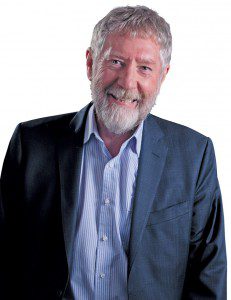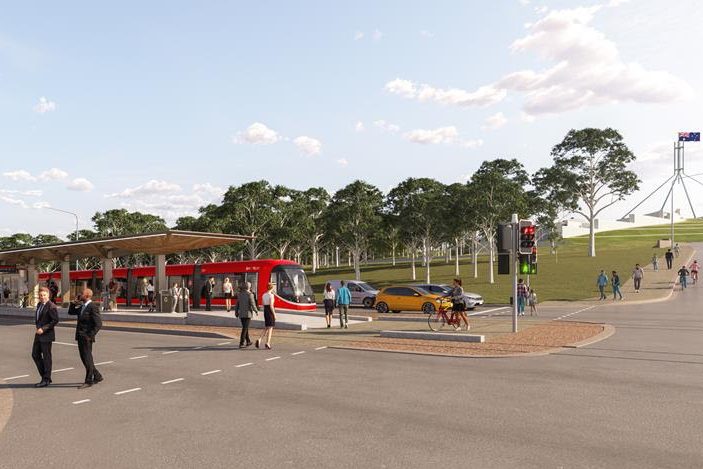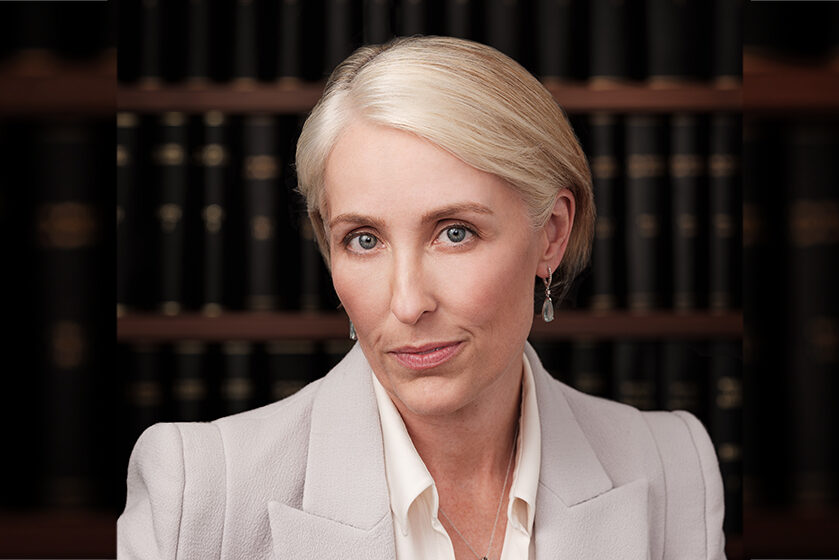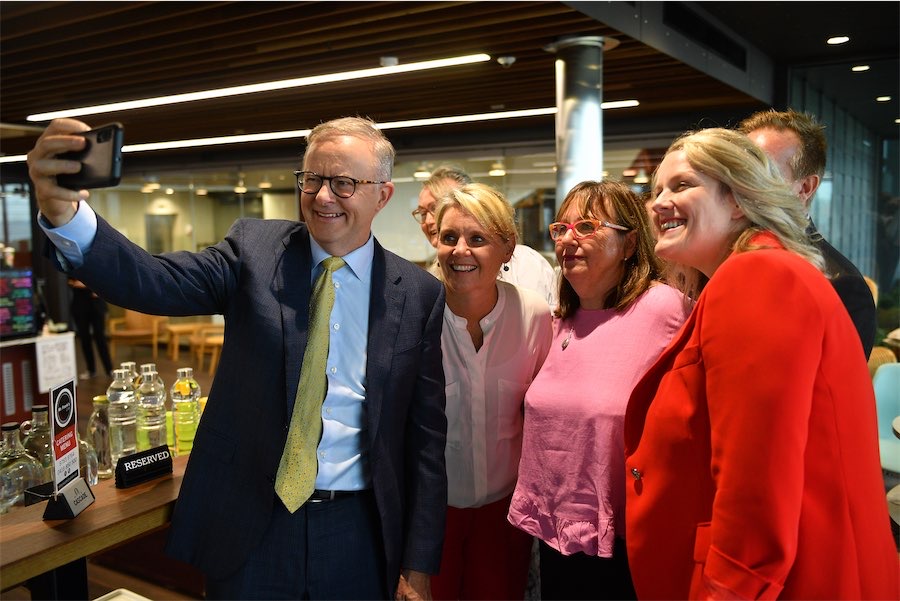 I REGULARLY have the opportunity to talk to would-be politicians. In discussion I ask: “What three things would you do to make a better world?”
I REGULARLY have the opportunity to talk to would-be politicians. In discussion I ask: “What three things would you do to make a better world?”
They might take time, but any budding politician ought to be able to answer this question.
Expanding on these ideas might not be easy. Fortunately, for anyone considering politics, there is a blueprint for a better world that can help answer and help elaborate on this basic idea.

Some candidates in the upcoming NSW and Federal elections are struggling to offer a coherent set of policies for a better world. Independents are challenging Tony Abbott and a series of other conservative members on climate change and other policies.
However, setting priorities for an election can be pretty daunting. The major parties have time-honoured processes. It is not hard to understand why other candidates might struggle.
How fortunate are they then that there is a blueprint that could just prove an electoral bonus. And it comes from the UN, which has established 17 goals for a better world. One hundred and ninety three countries have now committed to the Sustainable Development Goals (SDGs).
Not just independent candidates – anyone considering politics should consider the goals basic reading.
For example, take climate change; how does an independent candidate work out a coherent policy? Goal 13 “Climate Action” provides a series of targets that include at 13.1: “Strengthen resilience and adaptive capacity to climate-related hazards and natural disasters” and at 13.2: “Integrate climate change measures into national policies, strategies and planning”. For each of these goals are a series of indicators providing even more detail for would-be politicians.
Take a new candidate attempting, say, to handle the Financial Services Royal Commission. Examining SDGs Goal 8 “Decent work and economic growth” would be a good start.
By checking the “targets” they could have been guided by target 8.10 which states: “Strengthen the capacity of domestic financial institutions to encourage and expand access to banking, insurance and financial services for all”. The goal is “for all”, not just for the shareholders and for the top executives.
An interesting part about this work by the UN is that it is so positive. All members of parliaments, along with the bankers and financial industry that has now been exposed, would also have done well to have read Goal 16 “Peace, justice and strong institutions”. Target 16.5 applies: “Substantially reduce corruption and bribery in all their forms”. However, the SDGs do not stop there and 16.6 is telling: “Develop effective, accountable and transparent institutions at all levels”.
Take equity as another issue. How should a politician handle this one? Equity is fundamental for any potential politician seeking to make a better world. Guidance could come from Goal 1 “No Poverty”, Goal 2 “No Hunger”, Goal 5 “Gender Equality” and Goal 10 “Reduced Inequalities”. Each of these goals has a series of targets. In fact there are 17 goals and 169 targets that make up the Sustainable Development Goals.
Take the importance of business in the political world. Being guided by these SDGs can hardly be conceived as “lefty” politics. The goals have been adopted across almost all countries globally. In addition to Goal 8 “Decent work and economic growth” is Goal 9 “Industry, Innovation and Infrastructure”, which has the subheading: “Build resilient infrastructure, promote inclusive and sustainable industrialisation and foster innovation”.
The targets provide much more detail on building businesses for a better world. Target 9.5 provides for governments to “enhance scientific research, upgrade the technological capabilities of industrial sectors in all countries”. And a budding politician would do well to apply to the banking sector Target 9.3: “Increase the access of small-scale industrial and other enterprises… to financial services, including affordable credit, and their integration into value chains and markets”.
Building a coherent approach across a range of political challenges can be really daunting. However, there is now a way for our budding politicians. And it just might help build better politics, better politicians and a better world.
Michael Moore is a former member of the ACT Legislative Assembly and an independent minister for health. He has been a political columnist with “CityNews” since 2006.
Who can be trusted?
In a world of spin and confusion, there’s never been a more important time to support independent journalism in Canberra.
If you trust our work online and want to enforce the power of independent voices, I invite you to make a small contribution.
Every dollar of support is invested back into our journalism to help keep citynews.com.au strong and free.
Thank you,
Ian Meikle, editor





Leave a Reply